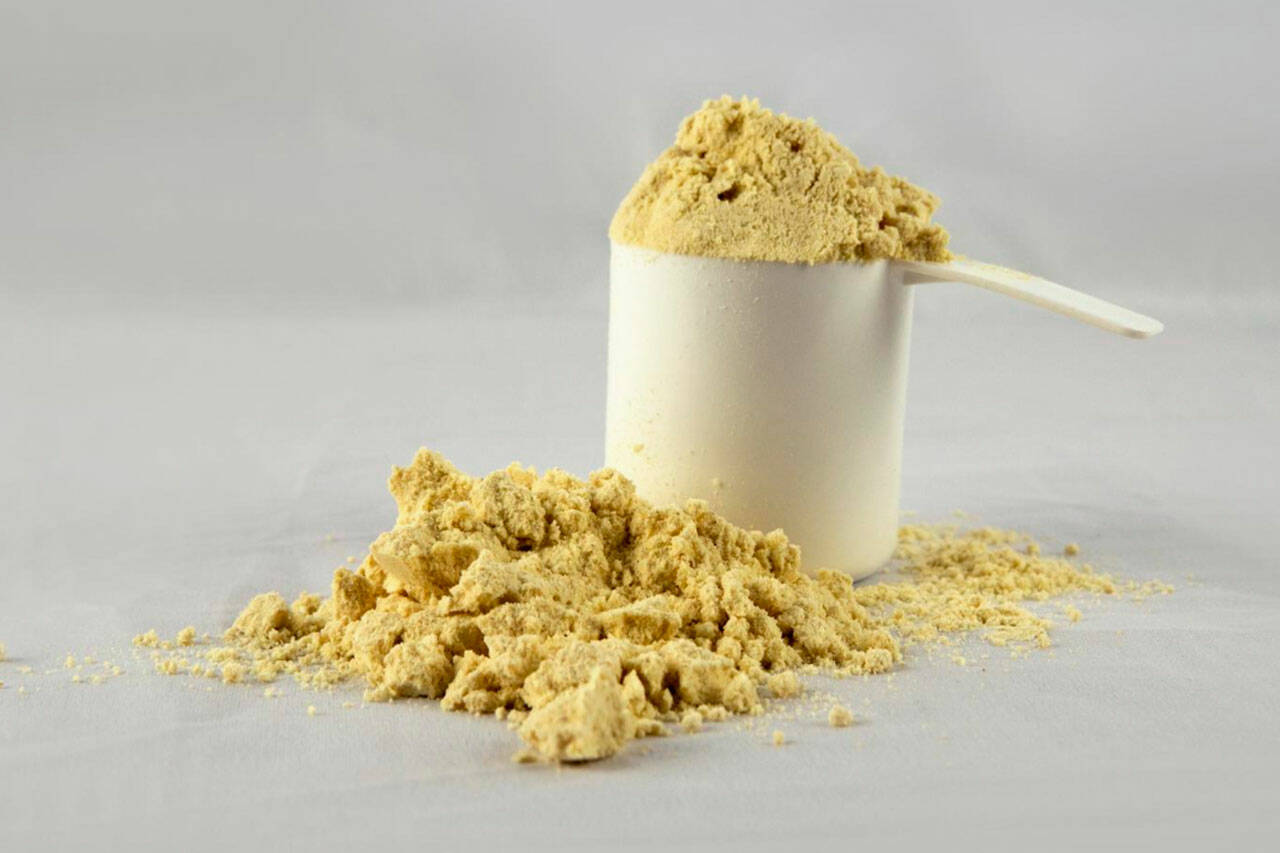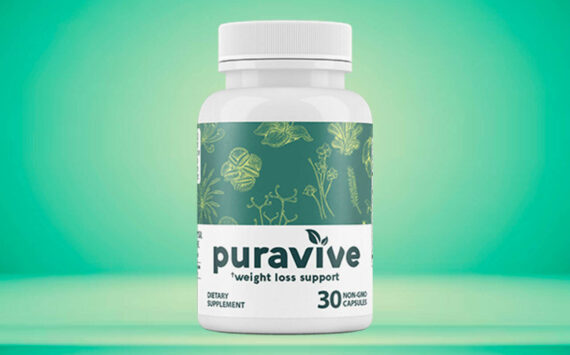Did you know that whey protein is one of the most studied and used supplements in the fitness world? There’s a good reason why: whey protein has a very high nutritional value and studies have indicated a variety of other health benefits associated with it as well.
In this article, we are going to explore the top 10 evidence based health benefits of whey protein. These findings are backed by human studies.
10 Health Benefits of Whey Protein
According to the experts, whey protein offers a variety of benefits to support overall health and wellness. Here are 10 of them:
Excellent Source of High Quality Nutrition
When milk is processed to make cheese, it is separated into a liquid and a solid. The solid is used to make cheese. The liquid that is left behind is known as whey. In the past, this was actually considered useless and thrown out. However, over the years, researchers discovered that it was actually useful and started using it to create whey protein.
Whey is considered a complete protein because it contains all 9 of the essential amino acids. Compared to other types of protein, your body can digest and absorb it much easier. This is why it is considered one of the best dietary sources of protein available.
There are 3 main types of whey protein powder:
- Concentrate (WPC)
- Isolate (WPI)
- Hydrolysate (WPH)
WPC is the most common type of whey protein and it’s also the least expensive. It is a popular dietary supplement among bodybuilders, weightlifters, athletes, and anyone else that wants to boost their protein consumption.
Section Summary
Whey protein has a high nutritional profile and is one of the best sources of high quality protein. Compared to other types of proteins, it’s easily digestible and quickly absorbed into the body.
Promotes Muscle Growth
As you age, muscle mass naturally declines- which typically results in fat gain and an increased risk of certain chronic conditions. However, you can slow down these changes in body composition by combining an adequate diet with an effective strength training program.
Strength training, when combined with a diet rich in protein or protein supplementation has proven to be an effective way to prevent the loss of muscle mass. Whey protein is especially effective.
Whey protein is full of a branched-chain amino acid (BCAA) known as leucine. This BCAA is known as the most growth-promoting of all of the amino acids. This is the reason whey protein improves strength and prevents muscle loss due to age.
Research indicates that whey protein is a bit better for muscle growth than other forms of protein such as soy protein or casein. That being said, if you are already getting adequate protein in your diet, chances are a protein supplement isn’t going to do much for you.
Section Summary
Whey protein, when combined with strength training, is effective for promoting growth and maintenance of muscles.
May Lower Blood Pressure
Hypertension, that is abnormally high blood pressure is a leading risk factor for heart disease. There are many studies that have made the connection between dairy products and reduced blood pressure.
This effect has been credited to a family of bioactive peptides that are found in dairy, known as angiotensin-converting-enzyme inhibitors, or ACE inhibitors. In whey protein, this is known as lactokinins. There have been several animal studies demonstrating their effects on reducing blood pressure.
There has only been a limited number of human studies investigating the effect of whey protein on blood pressure- which has caused many experts to feel the evidence is inconclusive.
One study involving overweight participants indicated that protein supplementation, with a dose of 54 grams per day, reduced systolic blood pressure by 4%. Casein, another milk protein, had a similar effect.
These results are also seen in another study that found significant effects when participants were given 22 grams of whey protein concentrate daily for 6 weeks.
That being said, blood pressure was only decreased for individuals that have elevated blood pressure to start with. Participants who were given lower doses- less than 3.25 grams per day mixed in milk saw no significant effects on blood pressure.
Section Summary
Research indicates that whey protein may be helpful in lowering blood pressure in individuals who have high blood pressure. This is primarily due to lactokinins, which are bioactive peptides found in whey.
May Help Treat Type 2 Diabetes
Type 2 diabetes is a chronic condition that is characterized by impaired insulin functioning and high blood glucose. Insulin is a hormone that, when functioning properly, stimulates the uptake of blood glucose into cells, which keeps it within healthy limits.
Studies have shown whey protein to be effective at moderating blood sugar by increasing insulin levels and the body’s sensitivity to the effects.
When compared to other protein sources, including egg white and fish, whey protein seems to be superior. Some people compare these properties to whey protein such as sulfonylurea. Therefore, it is believed that whey protein may be effectively used as a supplementary treatment for type 2 diabetes.
Research indicates that taking a whey protein supplement before or along with a high-carb meal effectively moderates blood sugar in those with type 2 diabetes and also in healthy people.
Section Summary
Whey protein moderates blood glucose levels, especially when taken prior to or along with a high carb meal. It may be especially useful for individuals who have been diagnosed with type 2 diabetes.
May Help Reduce Inflammation
Inflammation is your body’s response to damage. While short term inflammation can be a good thing, under certain conditions, it could become chronic. Chronic inflammation is harmful and is a risk factor for a variety of diseases. It may indicate that you have underlying health conditions or habits that harm your health.
In a large review study, it was discovered that high doses- that is 20 grams per day or more- of whey protein substantially reduced C-reactive protein (CRP), which is a key indicator of inflammation in the body.
Section Summary
Research indicates that high doses of whey protein reduce C-reactive protein levels in the body. This indicates that it may help with reducing inflammation.
May Benefit Inflammatory Bowel Disease
Inflammatory bowel disease, also known as IBD, is a condition in which the digestive tract lining becomes inflamed. It’s an umbrella term for conditions like ulcerative colitis and Crohn’s disease.
In rodent studies and human studies, whey protein has been shown to benefit IBD. That being said, the evidence we do have is weak. We need further studies before we are able to make any strong claims.
Section Summary
Whey protein supplements may benefit IBD.
May Enhance Antioxidant Defenses of the Body
An antioxidant is a substance that fights oxidation in the body, meaning that both oxidative stress and the risk for certain chronic conditions is decreased. One of the most important antioxidants in the body is glutathione. Most antioxidants you get from your diet- but this one is different: your body produces it.
The production of glutathione in your body relies on the supply of several different amino acids, including cysteine. Many times, your body has a limited supply of this amino acid. This is why it is believed that foods high in cysteine- such as whey- may increase your body’s natural antioxidant defenses.
There have been several studies in both rodents and humans that have discovered that whey protein may reduce oxidative stress and increase glutathione levels.
Section Summary
Supplementing with whey protein is believed to strengthen your body’s natural antioxidant defenses. It does this by promoting glutathione production, which is just one of your body’s primary antioxidants.
May Benefit Blood Fats
One of the major risk factors for heart disease is high cholesterol- especially LDL cholesterol. This is known as the “bad” cholesterol. In one study of overweight participants, each was given 65 grams of whey protein daily for a period of 12 weeks. One that time was over, participants found they had a reduction in total and LDL cholesterol.
On the other hand, other studies indicated that there was no change in cholesterol levels- but the lack of effect could be the way the study was designed. One thing that was clear was this: further studies are required before we can make any clear conclusions.
Section Summary
High dose whey supplementation over the long-term may lower cholesterol. However, at this time, evidence is limited.
May Reduce Hunger
Research shows that whey protein is high satiating, which means it could help with reducing hunger and cravings. The term “satiety” is used to describe that feeling of fullness we feel after eating. It is the opposite of hunger/appetite and should suppress cravings and the need to eat.
There are some foods that are more satiating than others, which somewhat depends on their macronutrient composition: fat, carbs, and protein. Protein is the most filling of the three.
That being said, all protein is not created equal and therefore does not have the same hunger reducing effect. Research indicates that whey protein is more satiating than other types, such as soy or casein. Therefore, this is especially useful for individuals who want to lose weight and need to consume fewer calories.
Section Summary
Research indicates that whey protein is more filling than other types of protein, making it ideal for those who are trying to lose weight.
This leads us to our final health benefit of whey protein:
May Help Weight Loss Efforts
One of the most well-known weight loss strategies is increasing consumption of protein.
Research indicates that increasing protein consumption may facilitate fat loss by:
- Suppressing appetite, resulting in reduced calorie consumption
- Improving metabolism, which helps burn calories
- Helping maintain muscle mass when losing fat
Whey protein has been proven to be especially effective and have more of an effect on burning fat and increasing satiety than other protein types.
Section Summary
Consuming high amounts of protein is a great strategy for losing weight. In fact, some studies indicate that it may be more effective than other types.
Side Effects/Dosage/How to Use Whey Protein
Believe it or not, it’s super easy to incorporate whey protein into your diet. You can find it at your local supplement store, health food store, and perhaps your grocery store in powder form. You can even order it online from manufacturer websites or Amazon. It can be added to your favorite smoothie/shake, yogurt, or blended with water or milk.
The most common recommended dosage is 25 to 50 grams daily. Typically, this is 1 to 2 scoops. However, you will find that some products have their own recommendations on the packaging. One thing to keep in mind is that you shouldn’t go over the max recommended dosage because taking too much can cause digestive issues, including:
- Nausea
- Stomach pain
- Diarrhea
- Flatulence
- Bloating
- Cramping
That being said, with the exception of a few populations, whey protein seems to be well-tolerated by most. If you are lactose intolerant, you may wish to use a whey protein isolate or whey protein hydrolysate instead of a whey protein concentrate. If you have or have ever had issues with your liver and or kidneys, you’ll want to discuss it with your physician before you start taking protein.
Basically, whey protein is a great way to increase your protein consumption- and may also offer some surprisingly powerful health benefits.






